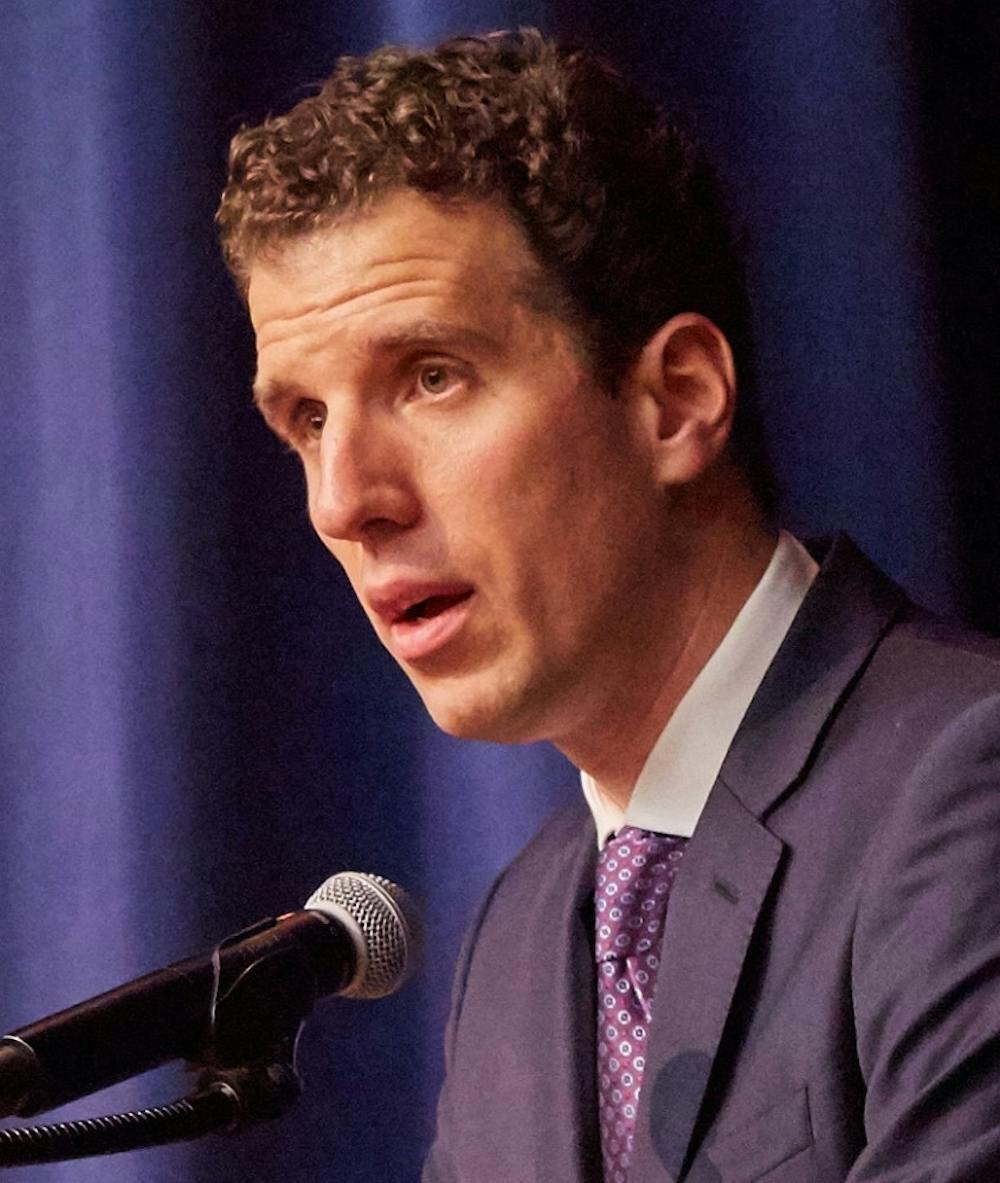The National Endowment for the Humanities (NEH) received $75 million in supplemental funding from the Coronavirus Aid, Relief, and Economic Security (CARES) Act to be distributed to cultural institutions impacted by Covid-19. Associate Professor of Political Science Keegan Callanan joined the NEH board, the National Council on the Humanities (NCH), in August of last year and is working with the council to advise its chairman on stimulus funding.
Thirty million dollars of the appropriations will directly fund state humanities councils, which will support local cultural nonprofits. The remaining funds will be allocated by the NEH to cultural organizations such as museums, libraries, colleges, historic sites, research institutions and other institutes.
“Almost every type of cultural institution in the U.S. is eligible for funding, and the aim of the funding is to save or create humanities jobs. This focus on jobs is new to the NEH,” Callanan said in an email to The Campus.
Callanan also said that the pace and structure of deliberations has changed because of the pandemic. The NCH usually meets three times a year with periodic teleconferences in between, and has met remotely since the CARES Act was signed to address the additional funding. While deliberation on grants typically occurs in specialized subcommittees for education, research and other programs, stimulus funding has not been divided the same way.
To receive aid from the NEH, nonprofit institutions could apply for grants of up to $300,000. Grant applicants will be notified of their status by June 15.
“Two primary challenges are declines in philanthropic giving and the loss of visitors for cultural institutions that rely upon them — chiefly museums,” Callanan said.
Museums and other institutions across the country closed in accordance with state guidelines designed to slow the spread of Covid-19, but the strain of losing visitors and revenue may make it difficult for some to reopen. Once visitors return, restrictions aiming to prevent a second wave of the outbreak could also limit the number of people admitted at a time, reducing revenue over a longer period.
According to the NEH website, this funding will “help these entities continue to advance their mission during the interruption of their operations.”
“I do expect the funding to save many humanities jobs and to contribute to broader efforts to keep smaller cultural institutions afloat,” Callanan said.
Callanan will continue to serve on the NCH until 2024. Next year, he will be a visiting fellow in Princeton’s Department of Politics, working on a book about Alexis de Tocqueville among other projects.

Tony Sjodin ’23 is a managing editor.
He previously served as community council correspondent, senior writer, news editor and senior news editor.
Sjodin is majoring in political science with a focus on international and comparative politics. He previously held internships with the Appalachian Mountain Club's Outdoor Magazine, political campaigns in Massachusetts and Vermont, and the U.S. Embassy in Costa Rica's Environmental Hub. Outside of class, he leads kayaking and hiking trips with the Middlebury Mountain Club.




